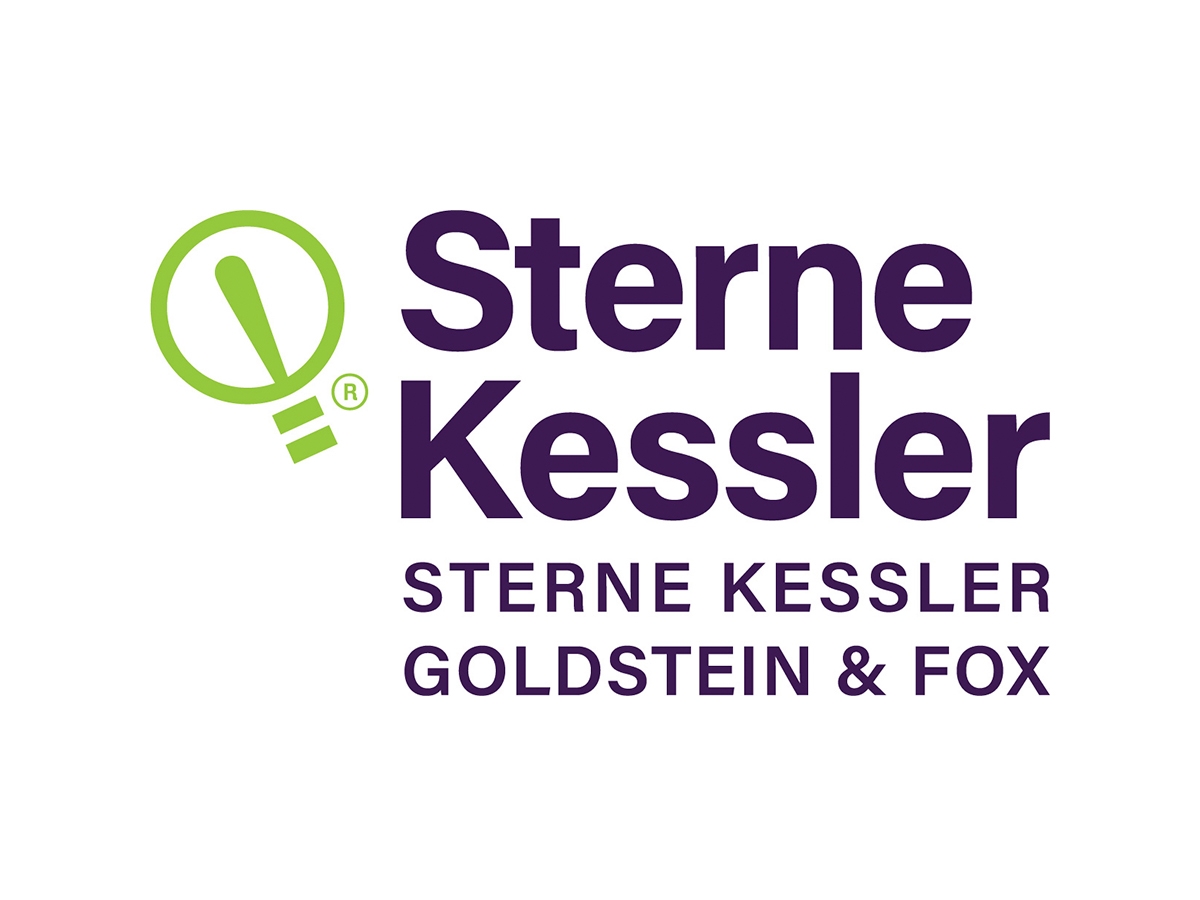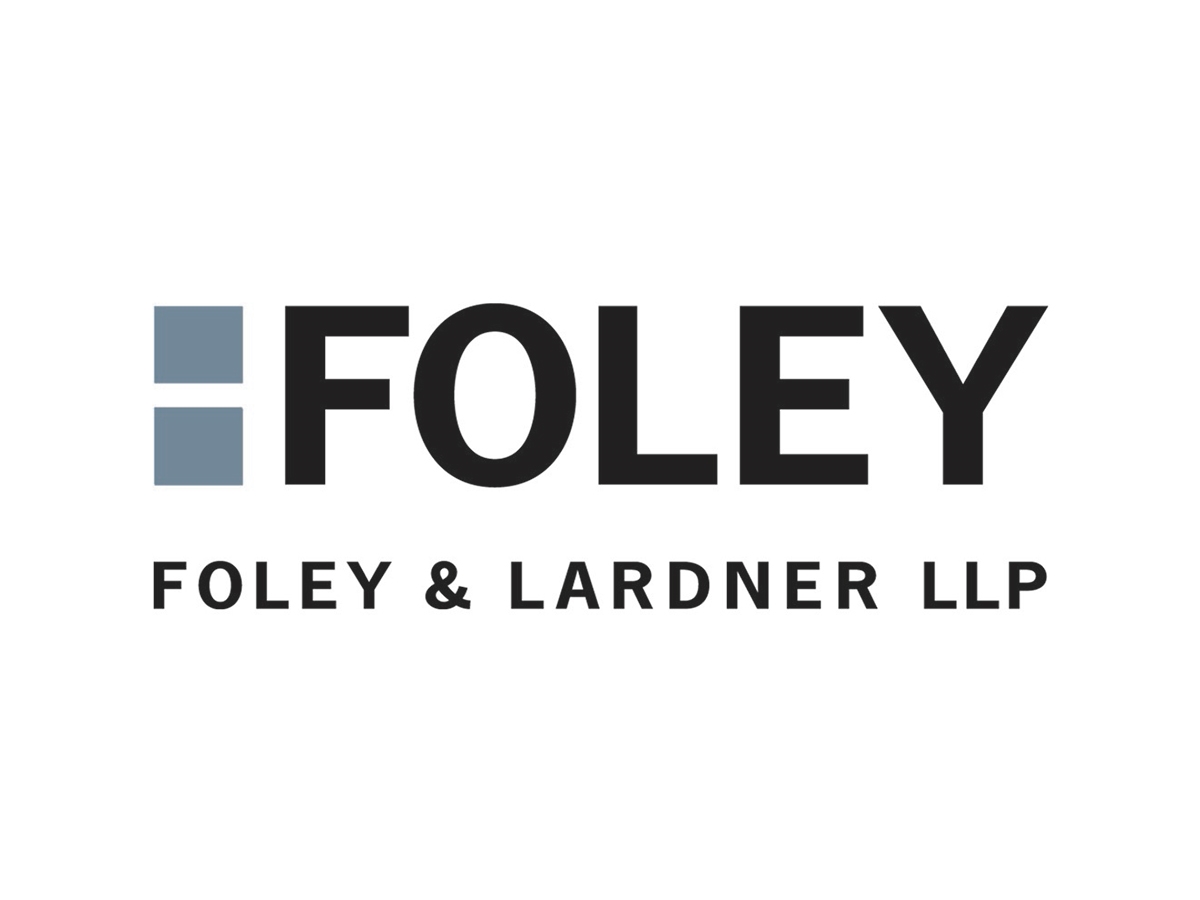Federal Circuit IP Appeals: Summaries of Key 2023 Decisions (8th Edition): In re: PersonalWeb Technologies, LLC, 85 F.4th 1148 (2023) (Lourie, Dyk (dissenting), Reyna) | Sterne, Kessler, Goldstein & Fox P.L.L.C.
PersonalWeb—the third appeal from a multidistrict litigation involving alleged infringement of PersonalWeb’s patents—addressed two issues: (1) whether the district court abused its discretion in finding the case exceptional under 35 U.S.C. § 285 and (2) whether the district court erred in calculating an award of attorneys’ fees. The court held that the district court did not abuse its discretion in either respect.
In 2011, PersonalWeb sued Amazon in the Eastern District of Texas, alleging that Amazon’s S3 technology infringed PersonalWeb’s patents. After claim construction, PersonalWeb stipulated to dismissal with prejudice of “all [infringement] claims” against Amazon. The Texas court entered final judgment against PersonalWeb.
Seven years later, PersonalWeb asserted the same patents against 85 Amazon customers for their use of Amazon S3. Amazon intervened and filed a declaratory judgment action against PersonalWeb seeking an order barring the infringement allegations against Amazon and its customers in light of the 2011 Texas case. PersonalWeb counterclaimed against Amazon, again alleging that Amazon’s S3 technology infringed its patents. The district court eventually granted summary judgment of non-infringement to both Amazon and its customers and then granted a motion for attorneys’ fees and costs under 35 U.S.C. § 285. The court concluded the case was exceptional based on five findings:
- Personal Web’s infringement claims related to Amazon’s S3 technology were objectively baseless in light of the final judgment in the 2011 Texas case;
- PersonalWeb frequently changed its infringement theories “to overcome the hurdle of the day”;
- PersonalWeb unnecessarily prolonged the litigation despite an adverse claim construction foreclosing its infringement positions;
- PersonalWeb’s conduct and positions regarding the cases against Amazon’s customers were unreasonable; and
- PersonalWeb submitted declarations it should have known were inaccurate.
The district court also calculated an award of about $5.4 million in fees and costs, about $5.2 million of which were attributable to attorneys’ fees. PersonalWeb appealed.
The Federal Circuit affirmed. The court analyzed each of the trial court’s five findings and agreed that PersonalWeb’s conduct “stands out from others with respect to the substantive strength of [its] litigation position … or the unreasonable manner in which the case was litigated.”
The Federal Circuit dedicated much of its analysis to the district court’s finding that PersonalWeb’s infringement claims against Amazon’s S3 technology were objectively baseless in view of the 2011 Texas case under the Kessler doctrine and claim preclusion. The Kessler doctrine “bars a patent infringement action against a customer of a seller who has previously prevailed against the patentee because of invalidity or noninfringement of the patent.” The Federal Circuit agreed that a “straightforward” application of Kessler barred PersonalWeb’s claims against Amazon’s customers because PersonalWeb stipulated to dismissal with prejudice of “all claims” against Amazon and its S3 product in the 2011 Texas case. And claim preclusion barred any subsequent suit against Amazon itself.
The remainder of the court’s analysis was highly factual. The Federal Circuit found no abuse of discretion in the district court’s finding that PersonalWeb had a shifting-sands approach to infringement, citing numerous instances where PersonalWeb’s theories changed based on the circumstance of the day. These “changing infringement theories obfuscated the merits of [PersonalWeb’s] case and undermined its trustworthiness and reliability before the district court.” The Federal Circuit also affirmed the finding that PersonalWeb unnecessarily prolonged the litigation after the district court’s adverse claim construction. The claim construction order “made clear that PersonalWeb had no viable infringement claim” and PersonalWeb nonetheless proceeded with expert reports and discovery.
As for the remaining findings, the court cited evidence showing that PersonalWeb flip-flopped on positions during the customer suits, therefore justifying a finding that PersonalWeb acted unreasonably when conducting the cases against Amazon’s customers. There was also evidence that PersonalWeb should have known it submitted inaccurate declarations in support of its opposition to Amazon’s motion for summary judgment of non-infringement.
As for the fee award, the court held the district court carefully exercised its discretion and its analysis was “entitled to substantial deference on appeal” given that the district court thoroughly analyzed the record, considered the acts that supported and detracted from the award of attorneys’ fees, and explained the award’s relation to the misconduct.
Judge Dyk dissented, taking issue with the majority’s analysis of the Kessler doctrine. In Judge Dyk’s view, at the time of PersonalWeb’s customer lawsuits, the law provided no clear guidance on whether Kessler applied to a stipulated dismissal with prejudice or only to a litigated determination of non-infringement. In Kessler itself, the finding of non-infringement resulted after a complete trial. Judge Dyk pointed out that the Federal Circuit’s decision in the first of PersonalWeb’s appeals affirming the district court’s Kessler reasoning in no way indicated that this particular issue had been settled by earlier cases or that PersonalWeb’s position on Kessler was baseless. Judge Dyk also noted that the Solicitor General filed an amicus brief supporting PersonalWeb after it sought certiorari on the Kessler issue. Because the Kessler issue was an issue of first impression and the Solicitor General agreed PersonalWeb’s interpretation was correct, Judge Dyk would have remanded on the Kessler issue even though he agreed that in other respects a fee award was proper.






